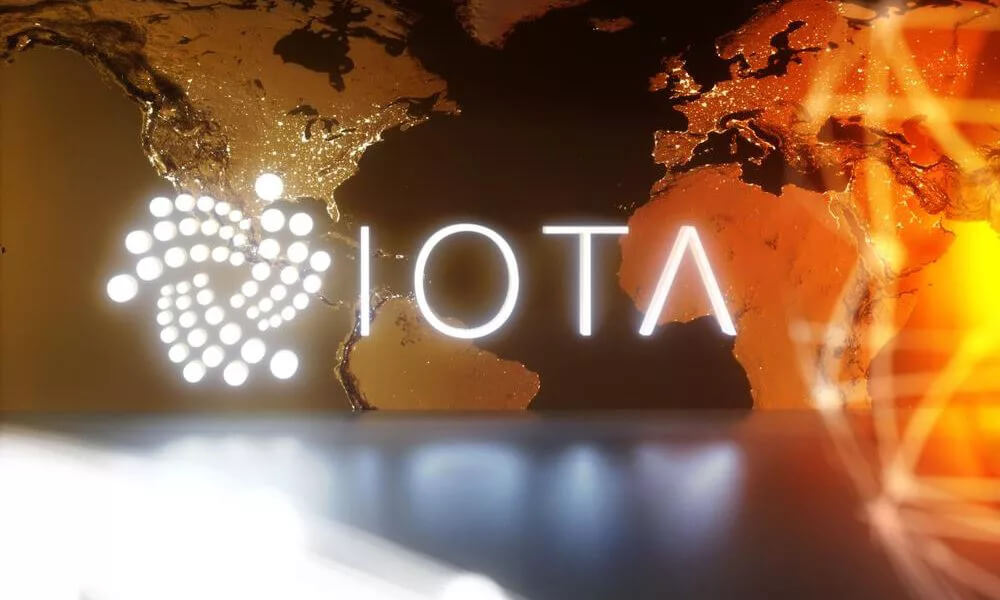
Our Projects are
Transforming African Trade
Quick Contacts
2nd Floor, Fidelity Insurance Centre Waiyaki Way, Westlands

In another article for nasdaq.com, IOTA co-founder Dominik Schiener explained how Distributed Ledger Technology (DLT) will revolutionize the industry and especially the supply chain. As Schiener describes, the supply chain is a constantly moving part of the corporate infrastructure, the pursuit of which is “traditionally a challenge” and “generally known for reactive rather than proactive analysis”.
“That will soon change,” says Schiener. DLT can be applied to the traditional supply chain infrastructure to reverse the market logic and create demand chains. Instead of waiting for the market to respond to a product, a demand chain would ideally respond directly and in real time to consumer behavior and link the data back to the actual supply side.
In effect, market demand could be met automatically as soon as it exists, rather than waiting for total supply to run out. This would empower businesses to not only have a wealth of supply chain data, but reform their supply chain processes to become more efficient and create a more sustainable future.
However, as the IOTA co-founder also emphasizes, this requires consumers to trust the network. Ultimately, consumer transparency can only be implemented in a trustworthy ledger. In return, however, a demand chain would be created, which would mean a “relocation of actual production”.
Contrary to the current system, in which supply is produced on the basis of past history, production would be based on demand. Ultimately, a highly effective system of rapid response to demand could be created that can be changed in the middle of the process, Schiener said:
We wouldn’t be producing for the garbage bin anymore. Supply would be exact and would eliminate waste in the system, from warehousing to transportation to retailer stock. Excess stock at any level, inaccurate orders based on erroneous supply are all points in the supply chain where money is lost. Basing the supply on demand would change that and cut costs and losses.
[…]
Efficiencies will emerge the more rapid the demand side becomes. Naturally, you won’t see immediate replenishment, but the supply chain will replenish itself, quickly and without interference.
With demand chains we can react on the real demand instead of strictly using historical data for predictions. […] This is the holy grail for many of the big producers, so they don’t end up with too much stock.
As Schiener also states, demand chains are already a major trend that is “currently being discussed in supply chain circles. A decisive factor here is the data. According to the IOTA co-founder, the trade and thus the supply chain is to be understood as an “information pipeline”. But to realize such a pipeline, the “right technology” is needed, which Schiener describes in the DLT and digital twins. Schiener stated on this:
So if we want to change the world to adapt to different sustainability criteria like managing carbon emissions we need to consider the supply chain data that can be captured using the right technology and methodology. This can be achieved if we can manage to create a digital twin for every product, and use distributed ledger technologies to ensure accountability and trust in the data reported by every actor along the supply chain.
Even though Schiener does not mention IOTA’s technology in any sentence in the article, it seems obvious that he is describing IOTA’s vision. As is well known, the supply chain industry is an area on which the IOTA Foundation has been focusing for quite some time.
For example, in May the EU Commission selected the IOTA Foundation as the only DLT company to participate in the development of a digital solution for the supply chain as part of a project in the mining industry. In East Africa, IOTA is involved in the Trade Logistics Information Pipeline (TLIP) project with the organization TradeMark Africa.
Read original article
Disclaimer: The views and opinions expressed in this article are those of the authors and do not necessarily reflect the official policy or position of TradeMark Africa.